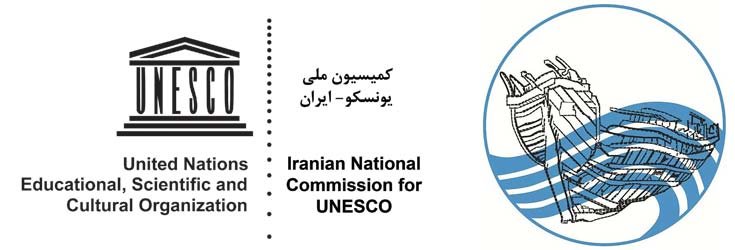UNESCO national commission, Tehran Municipality discuss co-op

TEHRAN- Iranian National Commission for UNESCO and Tehran Municipality discussed increasing cooperation to promote Tehrani citizens’ social well-being as well as making the city more accessible to people with disabilities.
In a meeting with Valiollah Shojapurian a Tehran Municipality official, secretary general of Iranian National Commission for UNESCO, Hojatollah Ayoubi, said the two organizations should join efforts to raise awareness about disabilities among citizens, to educate people about their citizenship rights and to encourage them to increase their participation in social affairs.
“Every activity for promotion of social rights in Iran, should be recorded and reported to UNESCO, so that the world have a clear image of Iran’s social status,” Ayoubi remarked.
Over the meeting, Shojapurian, the deputy director for social and cultural affairs at Tehran Municipality, announced the organization shares similar goals with UNESCO’s Management of Social Transformations (MOST) Committee in Iran, so that the two organizations can define many new health and education projects to collaborate on.
Developing data banks about the number of people living in Tehran’s informal settlements and their condition, running educational and cultural programs for residents of run-down areas and giving them medical services are examples of such shared goals. These programs contribute to sustain development of cities and promotion of city life.“Developing data banks about the number of people living in Tehran’s informal settlements and their condition, running educational and cultural programs for residents of run-down areas and giving them medical services are examples of such shared goals. These programs contribute to sustain development of cities and promotion of city life,” he further stated.
According to Shojapurian, another potential field of cooperation between municipality and UNESCO’s Management of Social Transformations (MOST) Committee in Iran are programs to empower and educate vulnerable groups such as women and people with disability; this includes giving health education to the kids, women, the physically-challenged and the elderly.
“Transformation of urban areas to meet the needs of people with special needs and supporting NGOs in furthering their social contributions are among our other missions,” he further noticed.
Over the meeting, Shahindokht Molavardi, the head of UNESCO’s Management of Social Transformations (MOST) Committee in Iran, announced that a national project for educating citizens about their social rights is being developed and soon the media and other cultural bodies will be called on to participate in its implementation.
In December, on the United Nations International Day of Persons with Disabilities, Iranian Welfare Minister Mohammad Shariatmadari called on Tehran and other metropolises’ mayors to start making cities accessible for the physically challenged.
Shariatmadar announced one third of the budget at Iran’s Welfare Organization should be allocated to rehabilitation services for people with disabilities.
According to Shariatmadari, the law on the rights of people with disabilities is good but most importantly it should be implemented and NGOs active in this field should ask for the proper budget allocation for the law.
SJ/MQ/MG
